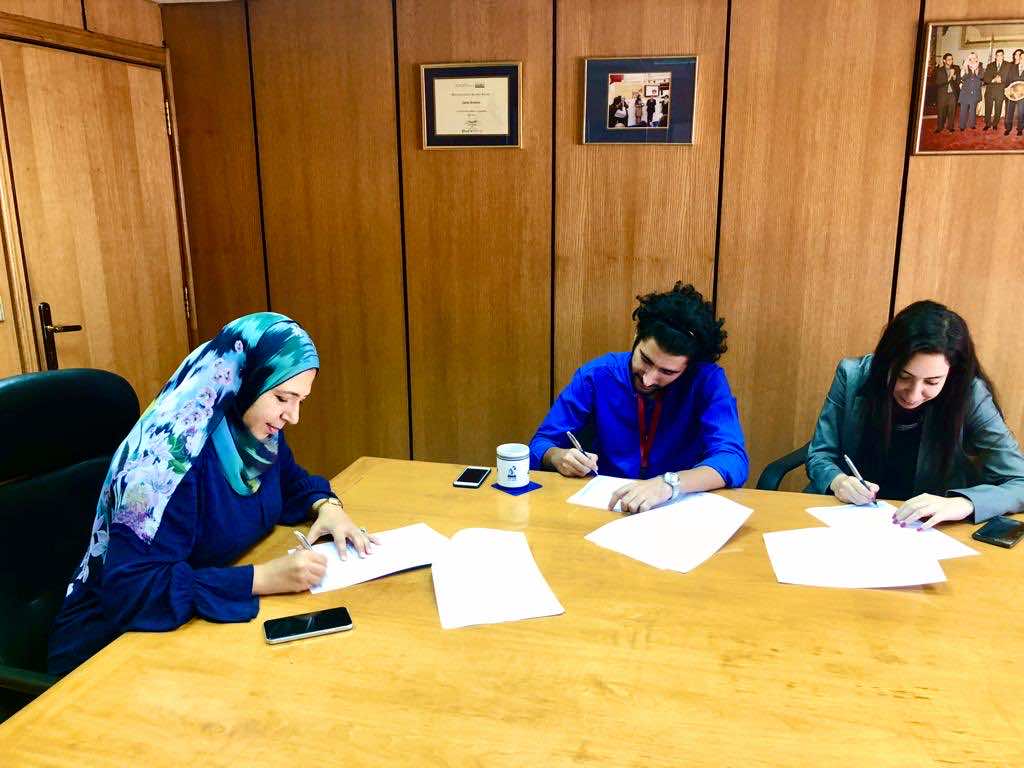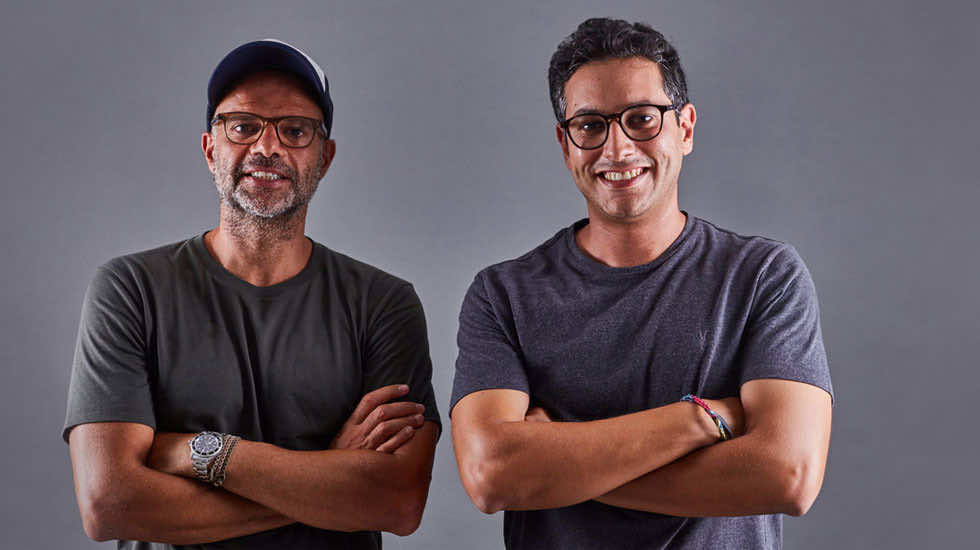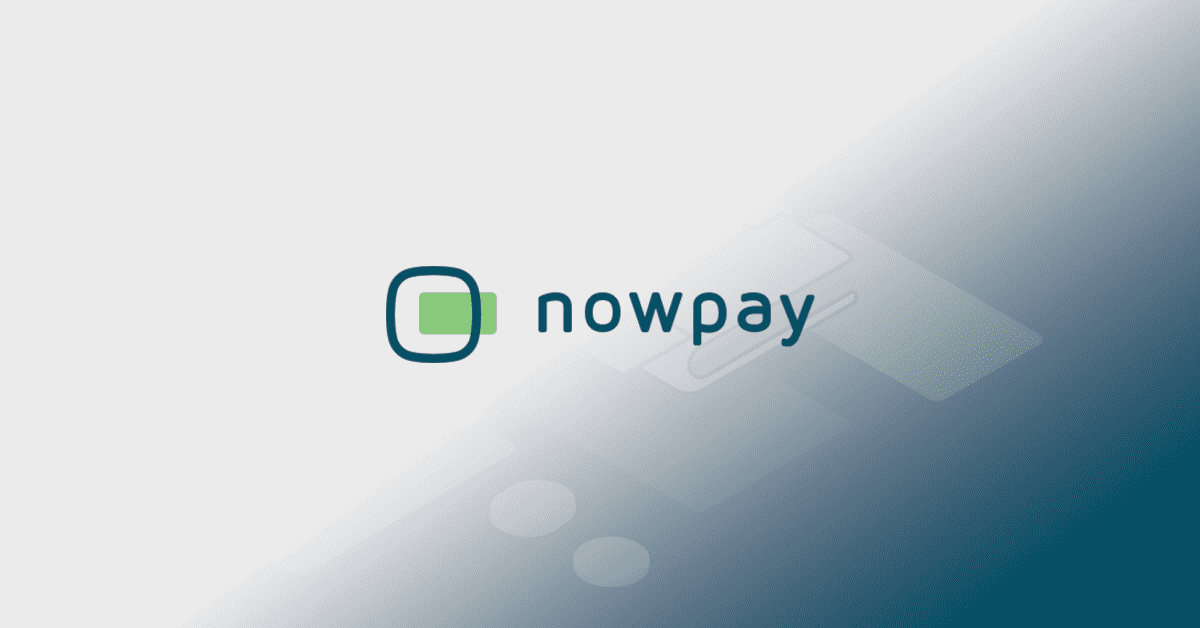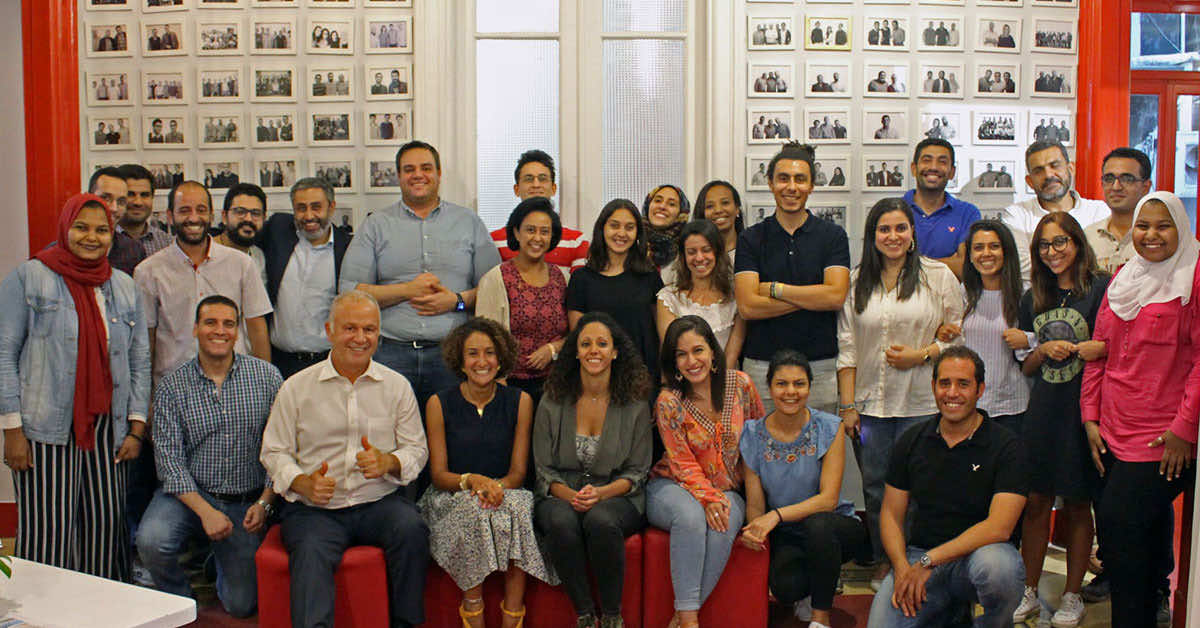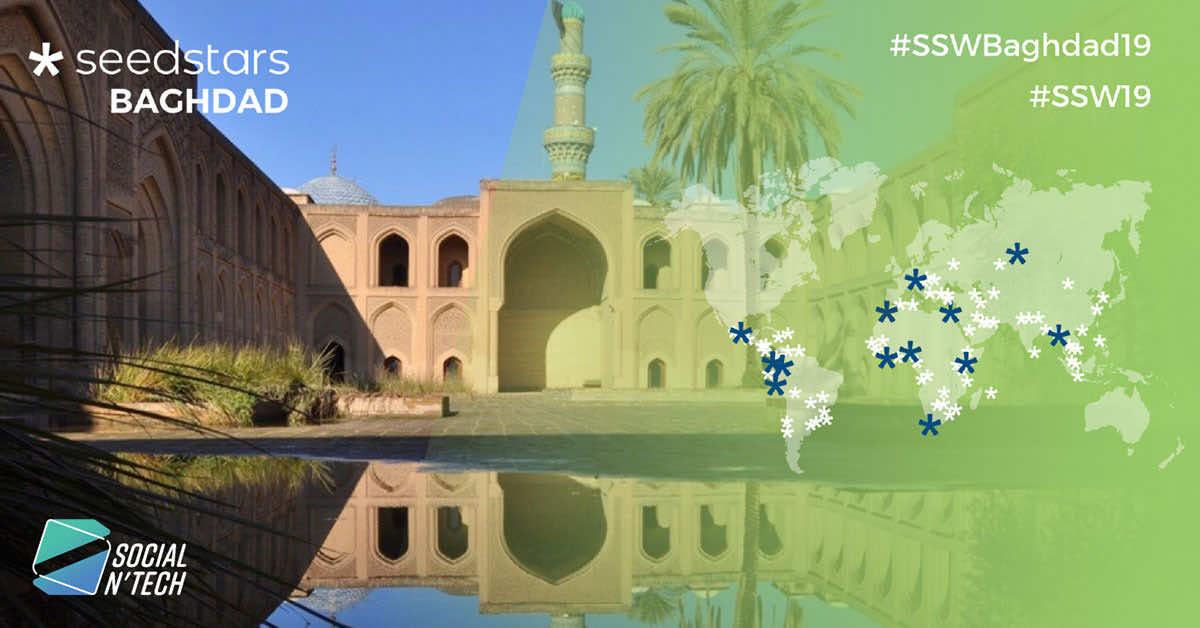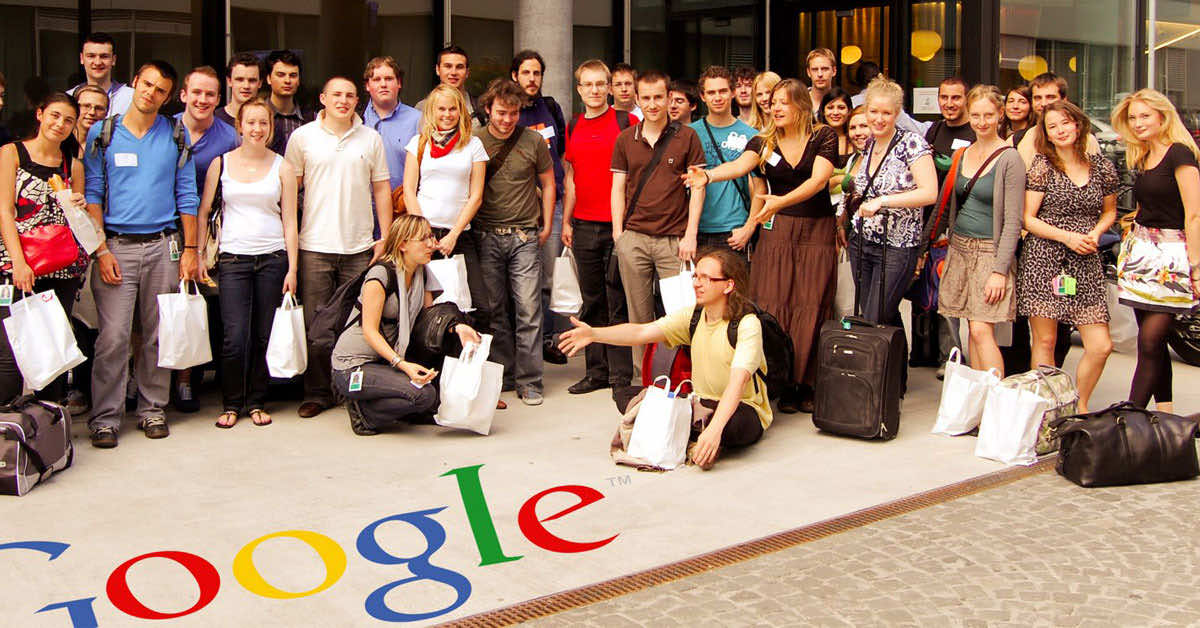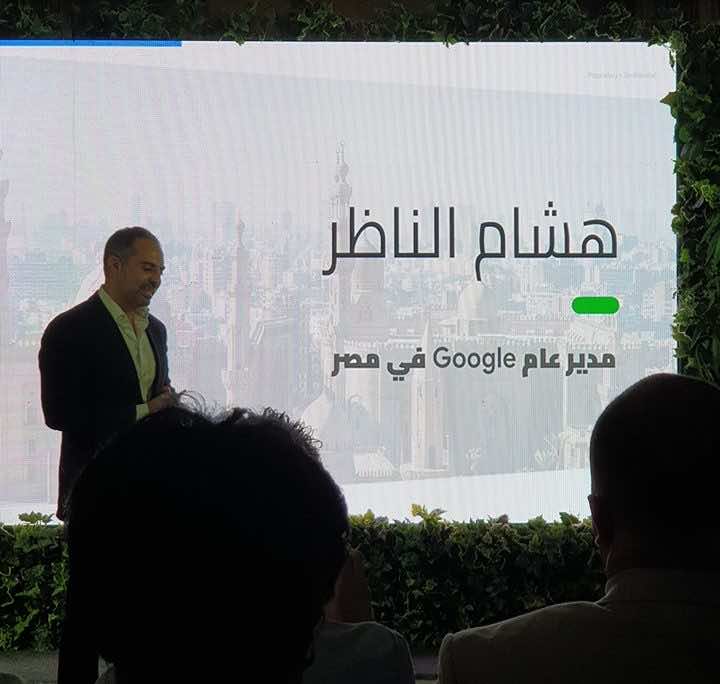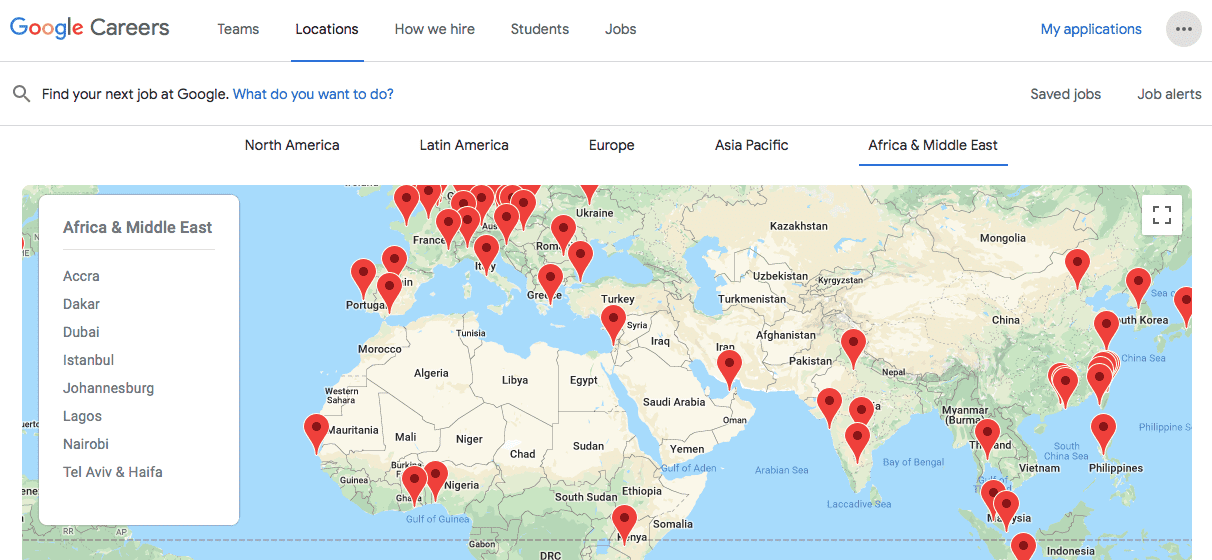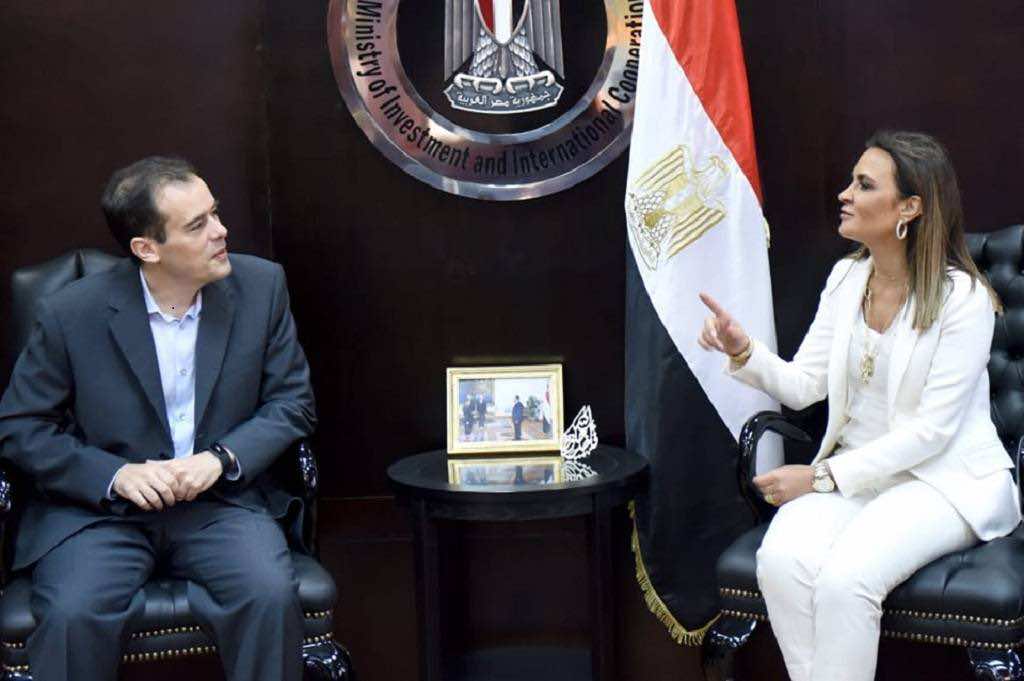The number of new startups in the Middle East has risen by more than 42% in the past three years, according to a report from Markets&Markets. Of all the new startups being launched in the region, 25% are headed up by female entrepreneurs, reports Al Masah. In comparison, just 17% of startups in America are founded by women. So, why are Middle Eastern female entrepreneurs outpacing other nations?
Better education
An impressive 91.5% of young women in the Middle East are educated, according to Global Female Leaders. The International Finance Corporation’s (IFC) Women Entrepreneurs in the Middle East and North Africa report highlights that the majority of women who own their own businesses are well educated, with 91% of those in Bahrain, 79% in Tunisia, and 76% in Jordan having attended further education. Women are also growing increasingly knowledge in expert fields. UNESCO states that between 34% and 57% of students graduate in science, agriculture, or engineering. And despite women in the region facing increasing pressure to stay at home as housewives, technology is making it increasingly easy for them to launch their own business from their own four walls.
With little more than a business plan, their education, knowledge, and some common sense, females in the area can launch any number of profitable businesses. They will, however, require a computer to keep things running over smoothly. Thankfully, the STEM skills that these women have obtained will make it easy for them to determine what they require from their computers. From there, they can opt for a custom-built one to suit their needs and their business’s requirements. The Middle East Eye highlights how one of the most important skills females in education can learn is computer coding as this will aid them in building computers and understanding basic programming. And once it’s all off the ground, they have the potential to add to the $2.7 trillion that Mckinsey predicts the nation’s women will raise if equality in the labor market grows.
When contacted about the workforce benefits a good education gives Middle Eastern women, Start-Engineering advised that their research had revealed that the more women who enrolled in education and training, the larger number of female entrepreneurs there would be. They also added that this was particularly the case in “countries like Jordan, Lebanon, Israel, UAE, and the Palestinian territories.” However, they did advise that this correlation isn’t always witnessed in more conservative countries.
Financially responsible for others
The Economist reports that one in every three tech startups in the Middle East is owned by women. Entrepreneur and IT graduate Rasha Oudeh believes that Middle Eastern women are excelling in this field as well as multiple others due to them being financially responsible for their loved ones. Local culture means that individuals take it upon themselves to financially provide for their loved ones. As the majority of female business owners in the Middle East are aged between 35 and 54 years of age, they are of child-bearing age and are likely to have children. When reviewed further by the IFC, women entrepreneurs average between 1.4 and 3.2 children each, with those in Jordan tending to have more dependents. Oudeh says that it’s common for women to become even more financially responsible when they start earning. As a result, they’re more inclined to start up on their own, as this can lead to increased earnings.
Extensive experience
The majority of female entrepreneurs in the Middle East launch their first startup between the ages of 25 and 34. This means that they gain plenty of hands-on experience and knowledge between leaving education and starting up. The upshot of this is that they are dedicated to their roles. One in five put in a minimum of a 60 hour week in order to see their business thrive. Ultimately, every additional hour that they work will increase their confidence, skills, and ambition and will encourage the growth of their business. This determination and dedication is what is helping them to outshine their rivals in other countries. One study reviewed more than 3,000 technology startups in America and found that 90% failed before they reached their third birthday. In contrast, in the Middle East, a study reviewing female-founded startups found that they’d been in business for between 5.9 years and 10.6 years, depending on their location.
Going it alone
If there’s one thing that women in the Middle East and North Africa (MENA) aren’t afraid of, it’s going it alone. In Bahrain, 59% are sole owners of their business, while 55% of female entrepreneurs in Tunisia say the same. Even Jordan and the UAE have impressive female-only ownership rates at 48% and 41%. According to Your Story, this makes MENA the most successful region for sole female-owned businesses. Branching out alone is helping the nation’s solo female entrepreneurs achieve success as:
- They haven’t got to meet anyone else’s expectations
- Can work the hours which suit them and their family
- There’s no one else to run business decisions past
Fighting for equality
There’s no denying that women who own businesses in the Middle East are doing well for themselves. Research shows that 33% in the UAE make more than $100,00 USD per annum. Whereas, in America, this figure is a mere 13%. However, these women have had to work hard to get to this point. Yemen-born Rahma recalls how she quit her beloved job in medicine due to being grossly underpaid. Meanwhile, Jordan’s Fida Taha had to face the wrath of her family when she left her job to launch her own digital business. Admiringly, she plowed on without their support and went on to run multiple successful video companies.
Entrepreneurship is encouraged
If women engage in the labor market, they have the potential to add $600 billion to the local economy every year. As a result of this, there are initiatives in place in the region that encourage and support women looking to start their own businesses. This includes Bahrain’s Bahraini Women Development Portfolio Fund which provides everything females in the Kingdom require to get their startup up and running. In addition, KPMG states that it’s up to 35% cheaper to launch a company in Bahrain than in other countries.
Businesswomen in the Middle East are thriving thanks to a number of factors, including having a great education and the desire to look after their loved ones. As a consequence, they are running digital businesses which are surging billions into the local economy and which are standing the test of time. And it’s these factors combined that are putting Middle Eastern female entrepreneurs one step ahead of the businesswomen in neighboring areas.


